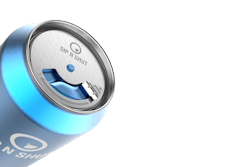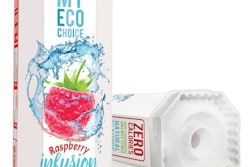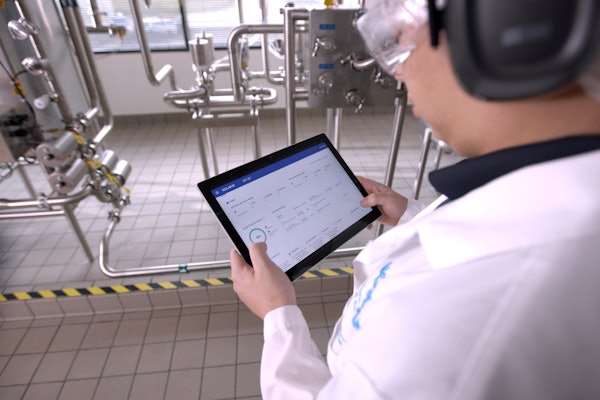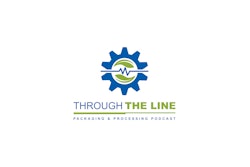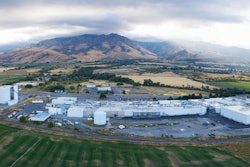
Nestlé debuted its Institute of Packaging Sciences, the first of its kind in the food industry, according to the company. The packaging institute intends to bring functional, safe and environmentally friendly packaging to the market and address the global challenge of packaging waste.
“Our vision is a world in which none of our packaging ends up in landfills or as litter. To achieve this, we introduce reusable packaging solutions and pioneer environmentally friendly packaging materials. Furthermore, we support the development of local recycling infrastructure and deposit schemes to help shape a waste-free world,” says Mark Schneider, Nestlé CEO. “The Nestlé Institute of Packaging Sciences enables us to create a strong pipeline of sustainable packaging solutions for Nestlé products across businesses and markets.”
The Nestlé Institute of Packaging Sciences will focus on developing sustainable packaging, such as refillable or reusable packaging, simplified packaging materials, recycled packaging materials, high-performance barrier papers as well as bio-based, compostable and biodegradable materials.
“Reducing plastic waste and mitigating climate change effects through cutting-edge technology and product design are a priority for us,” says Stefan Palzer, Nestlé chief technology officer. “Nestlé experts are co-developing and testing new environmentally friendly packaging materials and systems together with our development centers, suppliers, research institutions and startups. Located at our Nestlé Research facilities in Lausanne, Switzerland, the institute also leverages our existing research capabilities in food safety, analytics and food science.”
The creation of the Nestlé Institute of Packaging Sciences is part of the company’s commitment to make its packaging recyclable or reusable by 2025. In moving toward that goal, Nestlé has created recyclable paper packaging for its Nesquick All Natural cocoa powder and YES! snack bars. In addition, Nestlé signed onto the New Plastics Economy Global Commitment, an initiative of the Ellen MacArthur Foundation that seeks to create a circular economy in which plastic never becomes waste.
“Nestlé was one of the first companies to sign on to the New Plastics Economy Global Commitment, setting concrete targets to eliminate plastic waste and pollution at the source,” says Sander Defruyt, new plastics economy lead at the Ellen MacArthur Foundation. “It is great to see the world’s largest consumer goods company now increasing its research focus and capacity to deliver on these ambitions.”



